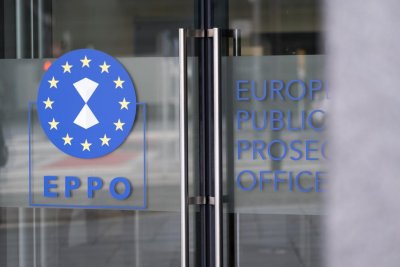
On March 2, 2025, Bulgarians mark Sirzi Zagovezni – the day of forgiveness, also known as Cheese-Fare Sunday or the beginning of the Lenten season The date is different every year. The feast always falls on Sundays, seven weeks before Easter.
People in Bulgaria keep the tradition to ask forgiveness to the older family members. The words that are used are “Forgive me” and the answer is “You are forgiven”.
Orthodox Christians attend liturgy and ask for forgiveness for their voluntary or involuntary transgressions, bad words, actions, and thoughts toward others. One must look inwardly and find the strength to forgive even those who have hurt them.
Chees - Fare Sunday is the last day on which dairy products are eaten before the beginning of the Great Lent. People in Bulgaria traditionally eat white halva, which is made of sugar and nuts. Families gather around the table, where dairy foods and boiled eggs are served, a glass of red wine is shared, white halva is eaten, and most importantly, they kiss each other's hands and ask for forgiveness.
One of the rituals performed on that day is ”hamkane” (a symbolic game): a piece of white halva or a boiled egg is tied to a red thread and lowered from the ceiling or the doorframe. The eldest man spins the thread in a circle, and everyone tries to catch the egg (or halva) using only their mouths, without using their hands. The one who succeeds will remain healthy and prosperous throughout the year.
Once this is done, the thread holding the egg or halva is set on fire. Then, the elder family members begin to make predictions. These predictions are related to hopes for a better agricultural year, health, and possibly future marriages of the young members of the family.
Most rituals and customs symbolize the rebirth of nature.
One of the central elements of this festive ritual is the ceremonial lighting of a fire. Fire itself is one of the four natural elements and is thus deeply connected to the traditional Bulgarian worldview.
On the morning of Cheese-Fare Sunday, hay bales and dry wood are set ablaze, usually in an elevated area of the village. However, there are exceptions, and festive bonfires have also been lit in town squares. Once the fire is roaring, people begin to jump over the ritual bonfires for health. The purifying power of fire is the main theme of this holiday.
In addition to these bonfires, torches and fiery arrows are lit on Forgiveness Sunday. The torches, carried by children or young people, are used for the ritual purification of the fields, with the aim of ensuring a better harvest. This fire is known by different names in various parts of Bulgaria. Most commonly, it is called "katralnik," "pălelya," or "oylaliya." Other regional names include "ovrătniț" and "ovratnik."
